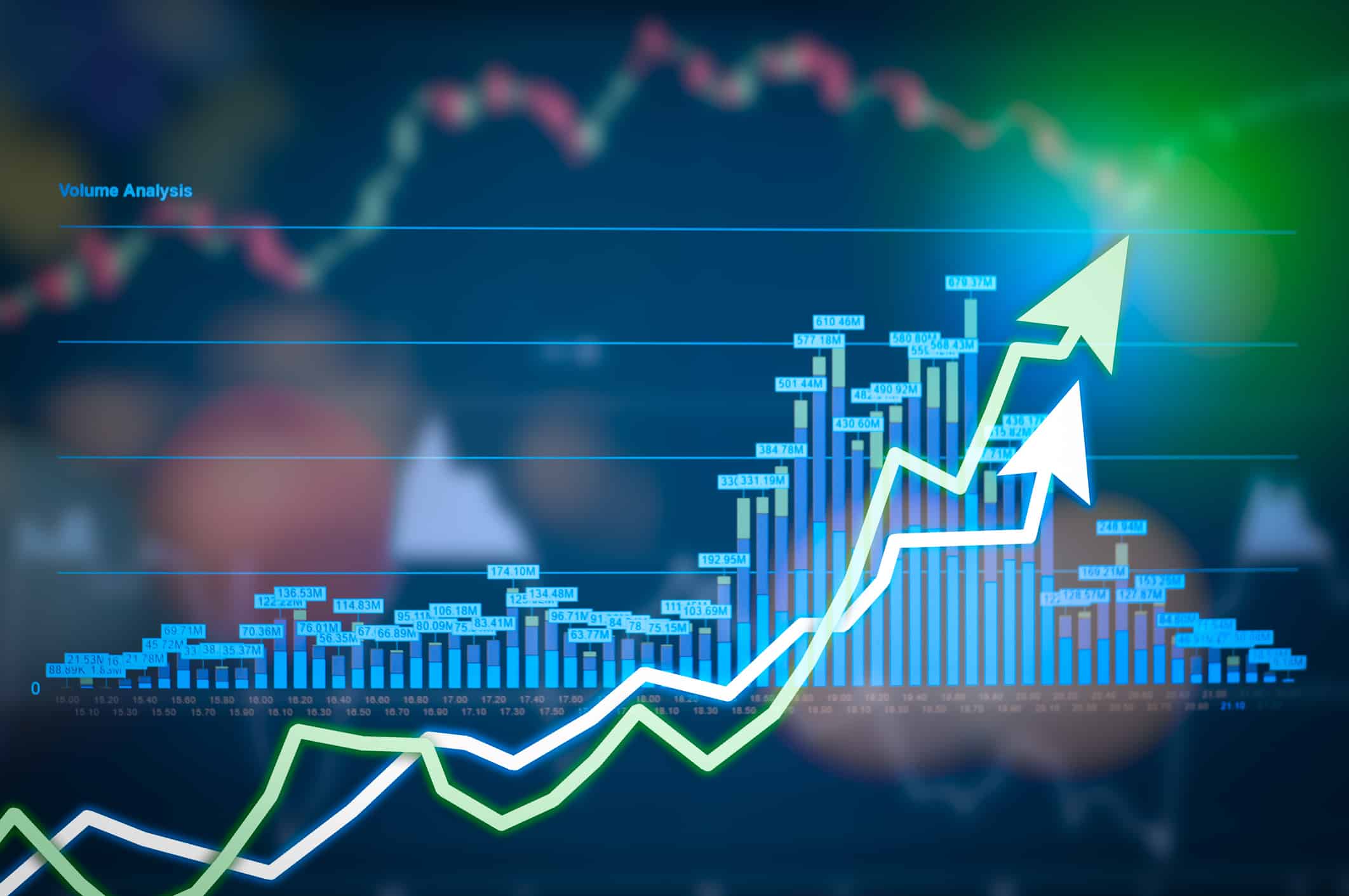3 Rotten Shares to Sell,
and 1 to Buy Today
By: Jared George

Investors need to be wary right now.
A looming real estate crash and tightening trade restrictions with the U.S. could dramatically dampen any positive economic outlook. Turns out the days of easy profits may have disappeared and investors could risk getting caught owning the wrong stocks at exactly the wrong time.
So what are the three stocks we think you should actively be avoiding
right now?
Bombardier (TSX:BBD.B)
When it comes to investing for the long-term, generally, steering clear of companies that have become reliant on government bail-outs to survive is a solid rule-of-thumb to follow. While Bombardier’s history runs deep in this country, this is exactly the position that the company is in. The province of Quebec and the government of Canada have spent nearly $1 billion on bailing them out. Regardless, we believe the company has proven itself to be a deplorable allocator of capital, and with the founding family still in charge, our team thinks there’s little reason to believe this will change. Financial risk remains significant, and even though elected officials appear keen for the exposure, we’re anything but. In our mind, Bombardier’s a
no-fly zone.
Encana (TSX:ECA)
Strategy is a critical underlying fundamental when it comes to running a business, and we can think of no company that we believe has been more lost when it comes to strategy than Encana. First, the company cut loose its oil assets (which subsequently became Cenovus Energy) to focus exclusively on natural gas. Natural gas prices subsequently cratered to below $2.00/MMbtu. So, the company decided to get back into oil, which subsequently cratered, falling below $30/barrel. This strategic flip-flopping has led to more than $10 billion in asset write-downs since 2012 and even though the company’s had some luck with asset sales (never a great sign), our team thinks the company’s balance sheet remains questionable. We’re confident that there are better ways for your portfolio to gain energy exposure.
BCE (TSX:BCE)
Our analysts think BCE doesn’t offer the same potential for disaster as the other two. However, that’s about the most positive thing we can think of to say about this Canadian behemoth. The Canadian telecom space is effectively saturated, meaning, where BCE, or its peers for that matter, are going to find growth in the years ahead is somewhat of a head scratcher to us. However, our analysis suggests the company trades at a valuation that suggests growth will exceed what’s occurred over the past decade. We disagree and will not be surprised if BCE’s annualized return over the next decade is below the current dividend yield offered.
The good news is, one expert investor and his team of crack analysts have just announced our No.1 stock to buy right now…
Our #1 Stock to Buy in 2020
After delivering +1,300% growth in its share price over the last four years alone, some investors may wonder if there’s anything left. However, we feel like it’s JUST the beginning!
Here at The Fool, we’re big believers in letting your winners win, and that’s exactly what we are doing here…
Thanks to our in-house analyst team pouring thousands of hours into their proprietary research, we’ve been along for the ride since September 2016. I can tell you know, we don’t anticipate giving up our seat any time soon…
That’s right – we just released our “5 TSX Stocks to Soar in 2020” report, and while it is technically for Stock Advisor Canada members only, you can get a sneak peek of that report NOW.
Remember, you can get one of these top 2020 stock picks for FREE today. But it won’t be available forever, so you will need to act quickly. Click the link below to gain access your free copy now.
Click here to claim to access this new report, absolutely FREE.